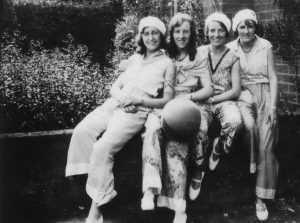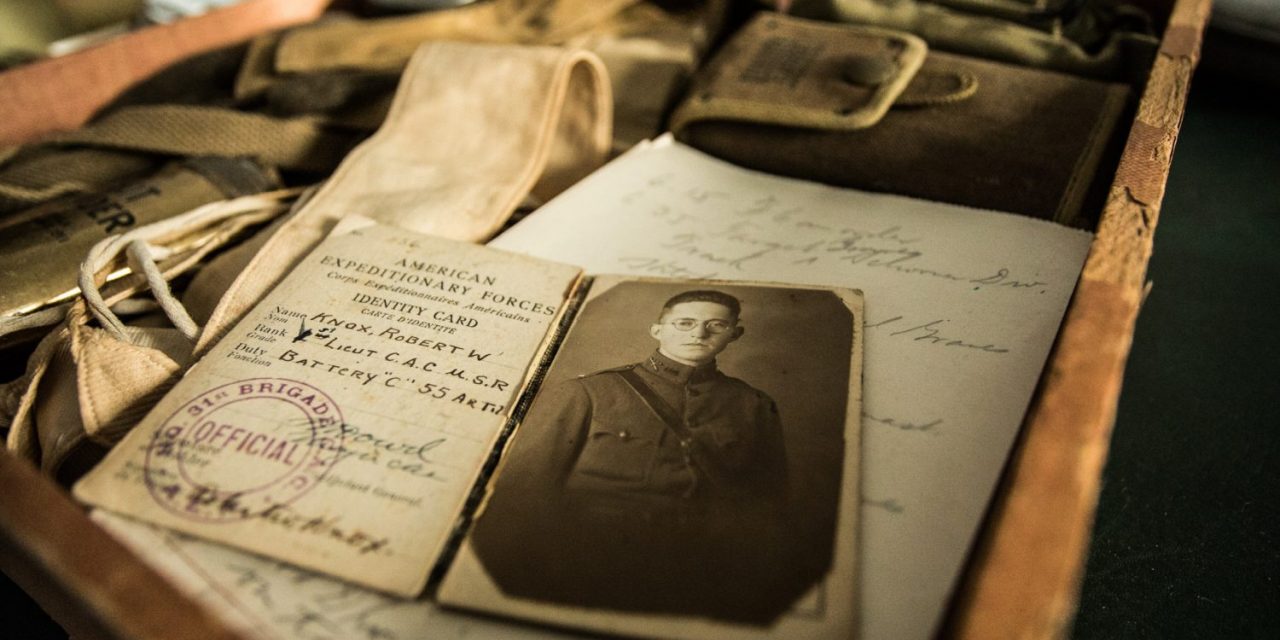With ‘Who Do You Think You Are?’ notching up its 15th series this year, it’s clear we can’t get enough of genealogy. But researching your own family tree without a team of TV researchers can be a bit daunting. It’s more a case of Where Do You Start?
Talk to your family
Your nearest and dearest will have a wealth of information that will help you in the search. Ask them if anyone has already done any research. They might have already started a family tree, have records or a family bible.
One good way of prompting memories and therefore useful facts would be to sit with an elderly relative and get them to talk you through their photo albums. Don’t be afraid to ask them if you can tape them to save you jotting down every word.
Read all about it
See if your local paper has an archive that you can have access to. Think about what you want really want to know about and come with enough information to narrow your search as time will be precious / may be limited.
The British Newspaper Archive is free to join and you can access up to three full documents for free. After that you have to pay for full access so chose your freebies wisely!

Outrage! Beach pyjamas cause a stir in Bournemouth
His (and Her) Story
A family tree on its own can be quite dry, scouring the local press, talking to relatives and visiting museums can make genealogy fun and not just about mapping names and dates to a table (unless that’s your bag!).
For example, prompted by a photo (see right), my mother recalled my grandmother being in the papers for daring to wear a pyjama suit in Bournemouth – and not just on the beach! A quick search of the archive and a press cutting was found of a letter from an angry of Bournemouth vicar, scandalised by the latest fashion! Its stories like these that bring your family history to life.
Visit your local museum
Most towns will have local museum open to the public. Many of them have days were you can visit an archivist. Pre-book and let them know what you want to find out about, before your visit. If you really have a passion for it, join your local museum group, help out on the till and on open days – and benefit from the wealth of information (and experts) at your fingertips. Local libraries may also have special collections and graveyards can offer dates and details you weren’t aware of or needing confirmation.
Google it!
Turn detective to see what’s out there and whether someone with your family name could be related to you. My surname is Judd and with one quick search I discovered the origins of the name (the medieval form of the name Jordan or the Hebrew name for ‘praised’ or ‘flowing down’), alternative spellings (Judde) and the fact there was a Sir Andrew Judd who was Lord Mayor of London in 1850. Google your name now and see what you discover!
The Keep
The Keep is a world-class centre for archives that grants you access to all the collections of the East Sussex Record Office (ESRO), the Royal Pavilion & Museums Local History Collections and the University of Sussex Special Collection. Basically you register, search the records, reserve them and then book an appointment to view them.
Other local resources
The Sussex Record Society commissions and has published over 90 volumes of historical research about East and West Sussex. As a result, they have also produced an online archive of databases, records and images you can access.
The ‘genealogical pedigrees’ section of the Weald of Kent, Surrey and Sussex website is a great resource for tracing ancestors who lived in the area.
National and International records are also available. Commonwealth War Graves Commission, for example, is a fascinating archive dedicated to those who fell during battle.
To pay or not to pay
Although sites like ancestry.co.uk may seem expensive, it’s a good way of having access to lots of different forms of documentation, online and in one place, saving you the expense of travelling up and down the country. There are also normally plans and deals to suit your financial situation.
I recommend you see if there’s a free trial. Start it when you have a lot of info to hand and when you have the time to commit to it. Set up a reminder to cancel your membership just before the trial ends. In most cases you won’t lose your family tree / research, it will just disable your profile until you are ready to start again. Free trials are also a good way of finding which system suits you the best.
Many sites offer a matching functionality. You’ll be told of other information people have recorded or unearthed about people in your tree and you can either approve or reject it. Be cautious; just a slight change in name or date could make your tree inaccurate.
Don’t give up
At times you may hit a stumbling block. The first full census of England, Scotland and Wales wasn’t undertaken until 1801, for example, so tracing your family another generation back further than that could prove tricky. The Parish records go further back but they may have been destroyed in the Reformation. Google and other research tools and sites will be your friends, in cases like these.
Tree for life
Warning! Researching your family is addictive, is the thief of time and can be frustrating! But it’s all about the journey, the stories you unearth and the connections you make. I’ve yet to find if Lesley and Harry are relatives, but I’m having fun finding out!





The financial aspects are the thing that deter me sadly.